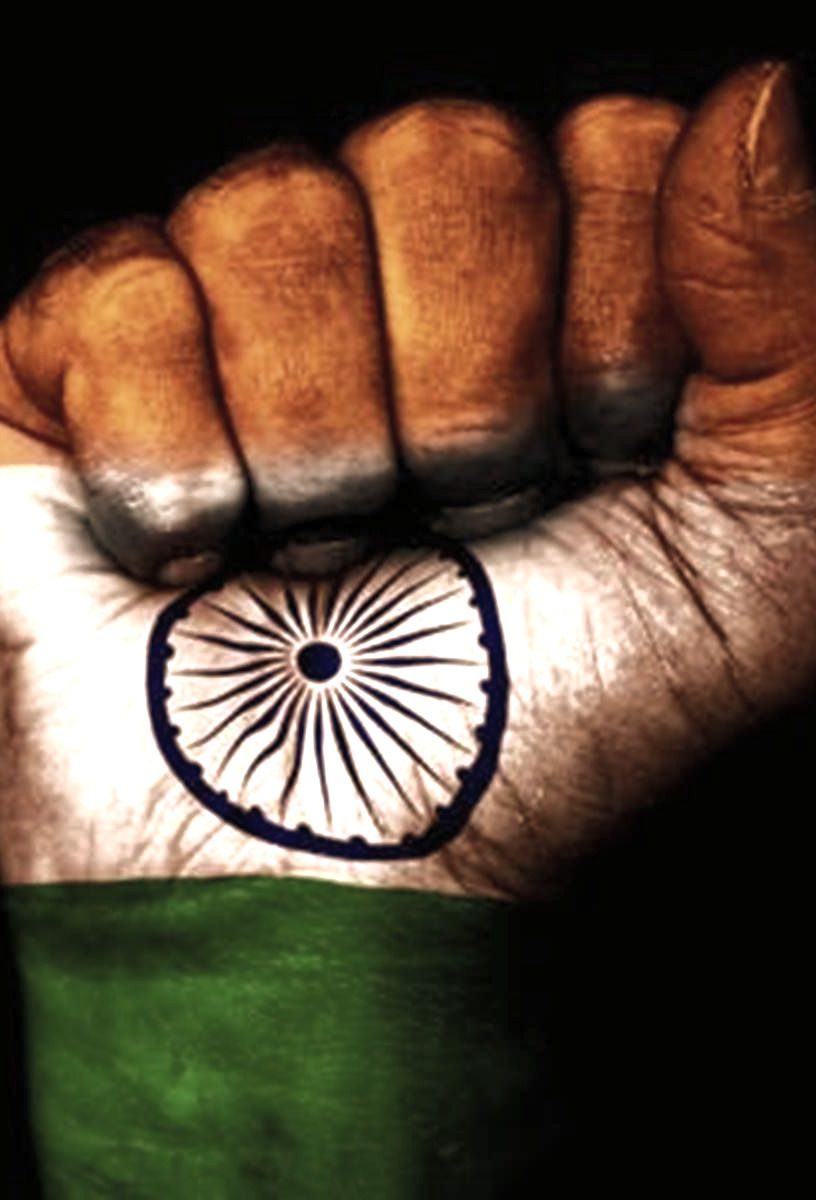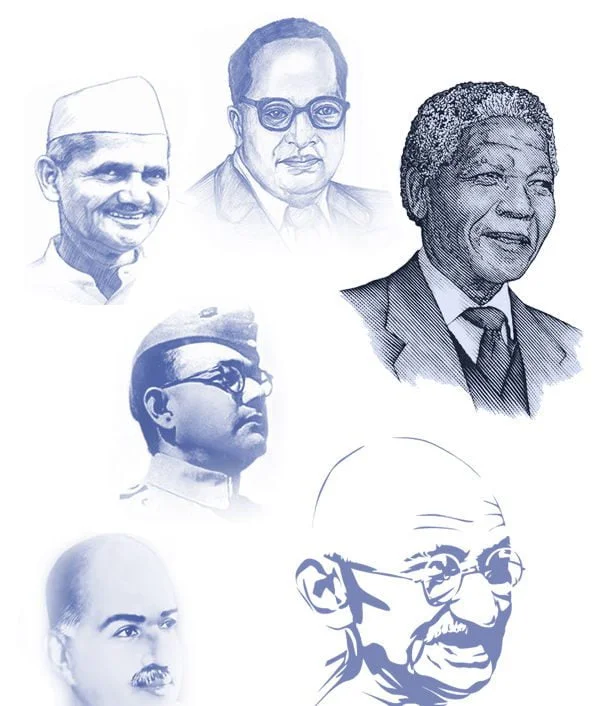Why the Politics?
It is a common adage that politics lacks in "honest people" and it is a hard nut to crack for common people to mark their presence in politics as they lack in terms of knowledge, skills, links with politicians, money, influence etc. However, the truth is common youth are more successful in bringing change into politics as they are more aware of the grassroot problems because they have been the victims of the same. The common people have to go through a series of miseries every day. They face challenges in getting their ration card and obtaining ration from the shop. They study in government schools where for most of the days in the month teachers remain absent. When they go to the police to report the injustice happened to them, police personal most of the time do not register their case. Public hospitals refuse to admit them.
Learn More

